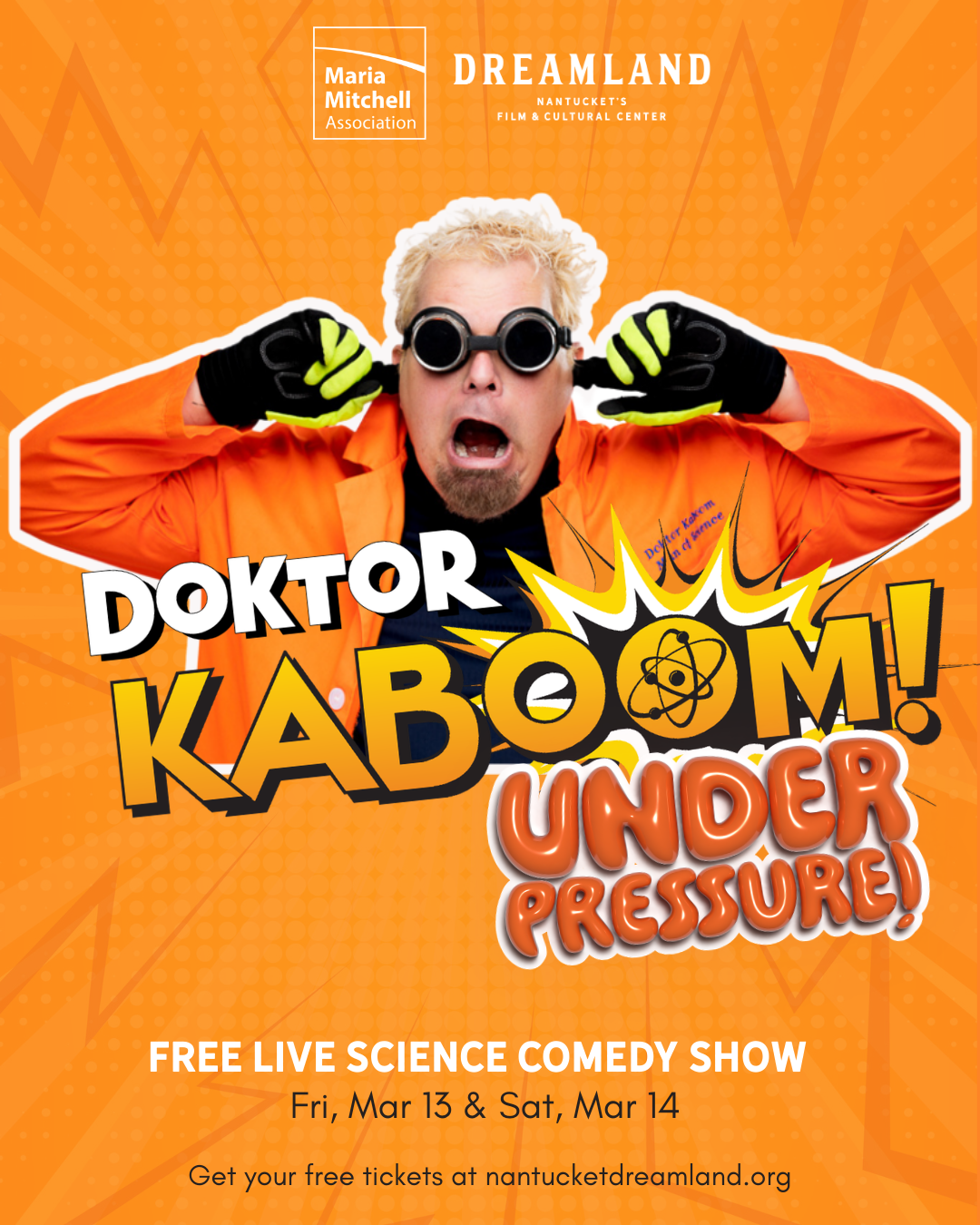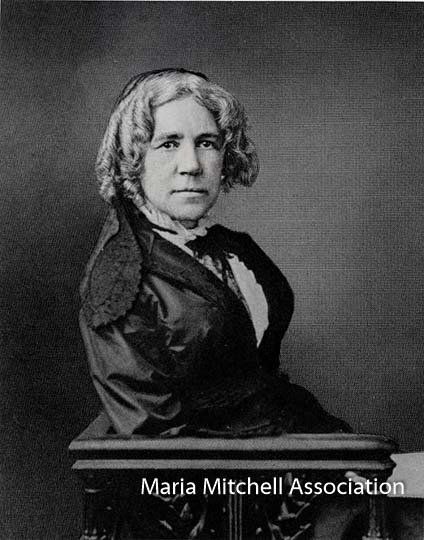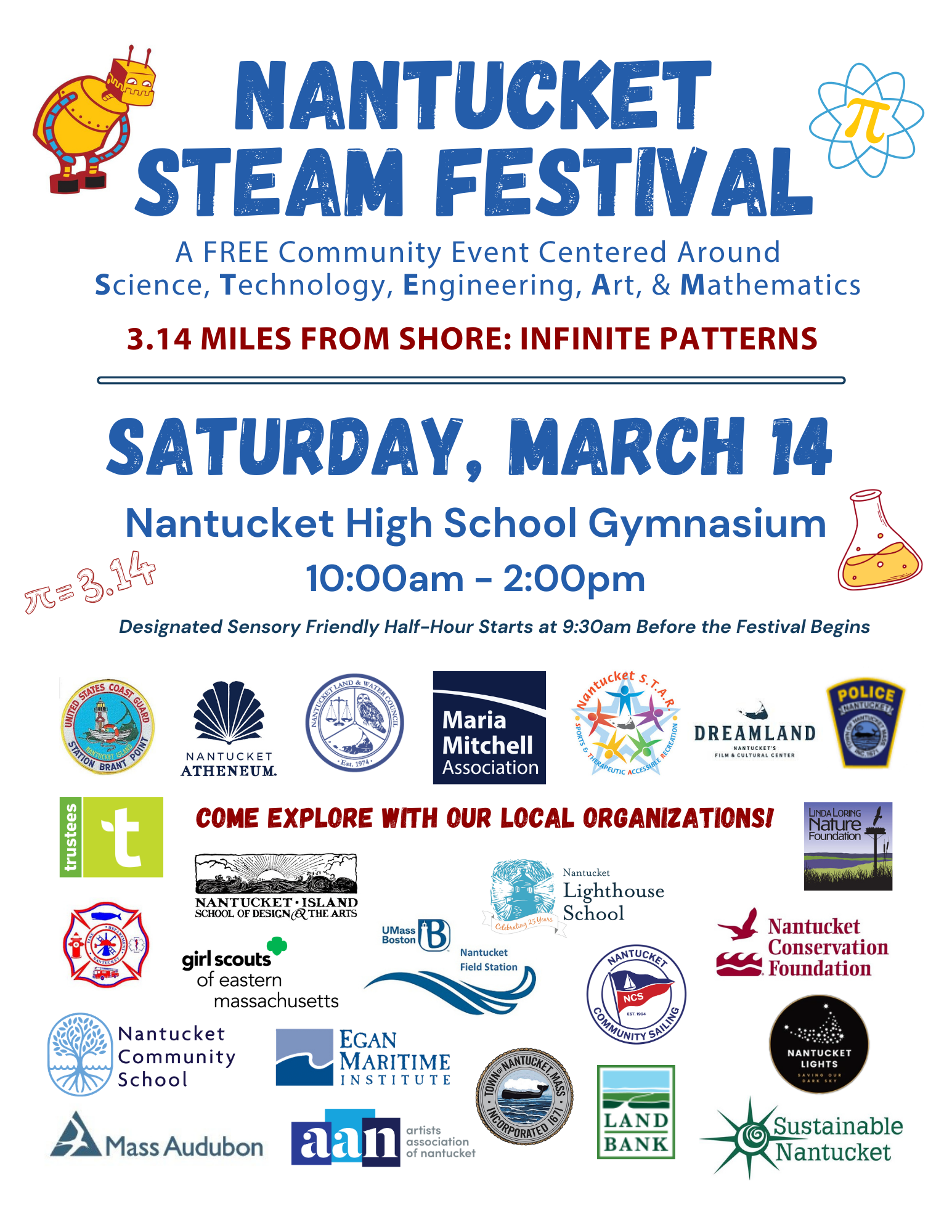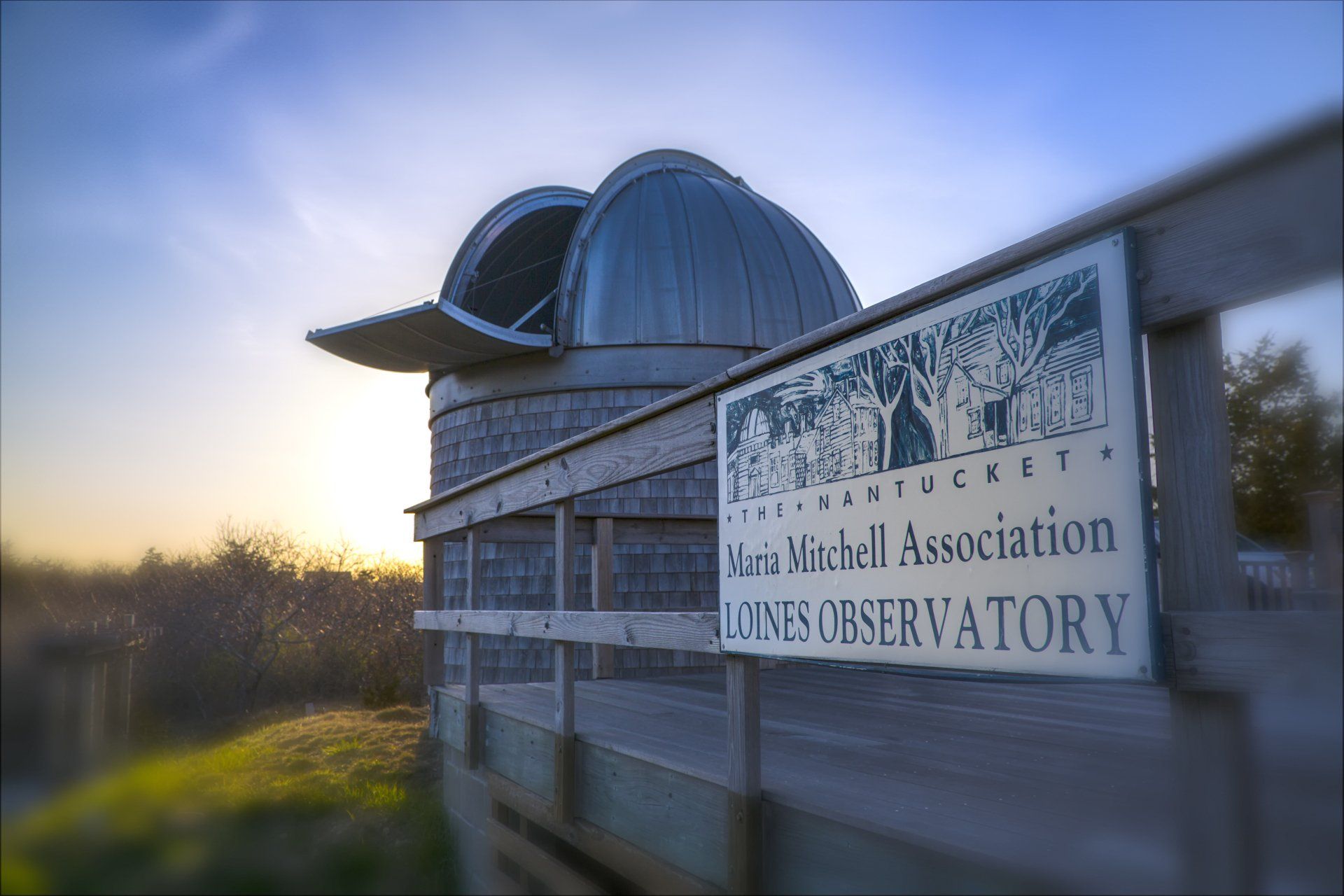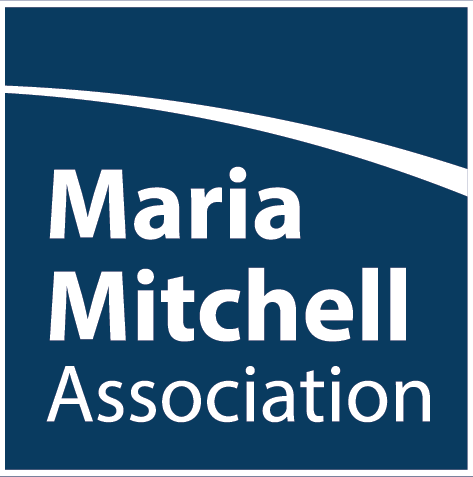Paper, Please!!
I think I have said this before, perhaps many times before, so I apologize but I think it needs to be repeated every so often (though this is a completely different piece of writing). I fear for the historians, curators, archivists, researchers, and other who come after us. Our devotion to email, the Internet, and text messaging is leaving a vacuum of documents. There is no paper. There is no paper trail. There is no information found in a file, a letter, or a journal for those in the future to learn about us and what we do, choices made, our thoughts. We still have books – though people do not treasure or respect them as they should. But very few still write letters or keep journals.
I rely on paper for my research into the Mitchell family, Nantucket history, Nantucket women . . . I rely on paper – letters, receipts, bills, 1933 specifications for the MMA’s Science Library. This particular information has allowed me to determine how the building was built, even the original color of the stucco as we move through the conservation process of the exterior of our Library building as it becomes an ecology lab/classroom and natural science collections storage space. To me, it’s not just fascinating “Stuff” to read, it is paper I learn from, words that inform me, words that help me learn, information that I pass onto others so that we may all learn, learn from mistakes, learn from discoveries made but forgotten but that are more relevant today than ever before. From paper, I have learned how the concrete roof frame of the Library Wing is attached to the walls – something the structural engineer needs for the conservation work. From paper, I see notes in the margins; see notes written on envelopes; see ephemera stuck between pages of books; and a small bloom from a rare plant found at Quidnet in 1922 that was pressed between the pages of a plant book, noting where on island it was found, when it bloomed, and how it had never been found anywhere else on island before. This information can be used by scientists – not just MMA’s but others from on and off-island.
If so much of our conversation is by text or email, what will those of the future know of us? Will they consider us to have gone backwards? Will they know why you made a decision if it was only in an email, never printed, and their future computers cannot read any computer data from 200 years before? CDs don’t last forever – and technology changes rapidly no matter the “safeguards” technology seems to think it puts in place so that we can access old computer data.
So this here is a plea for more paper – try and keep a journal, record the weather, write some letters. Because if it wasn’t for paper, I wouldn’t know what Maria thought of her travels through Europe with Nathaniel Hawthorne and neither would you and William Mitchell’s important weather data would not be available for climatologists to use for predicting hurricanes and other storms
JNLF
Recent Posts
